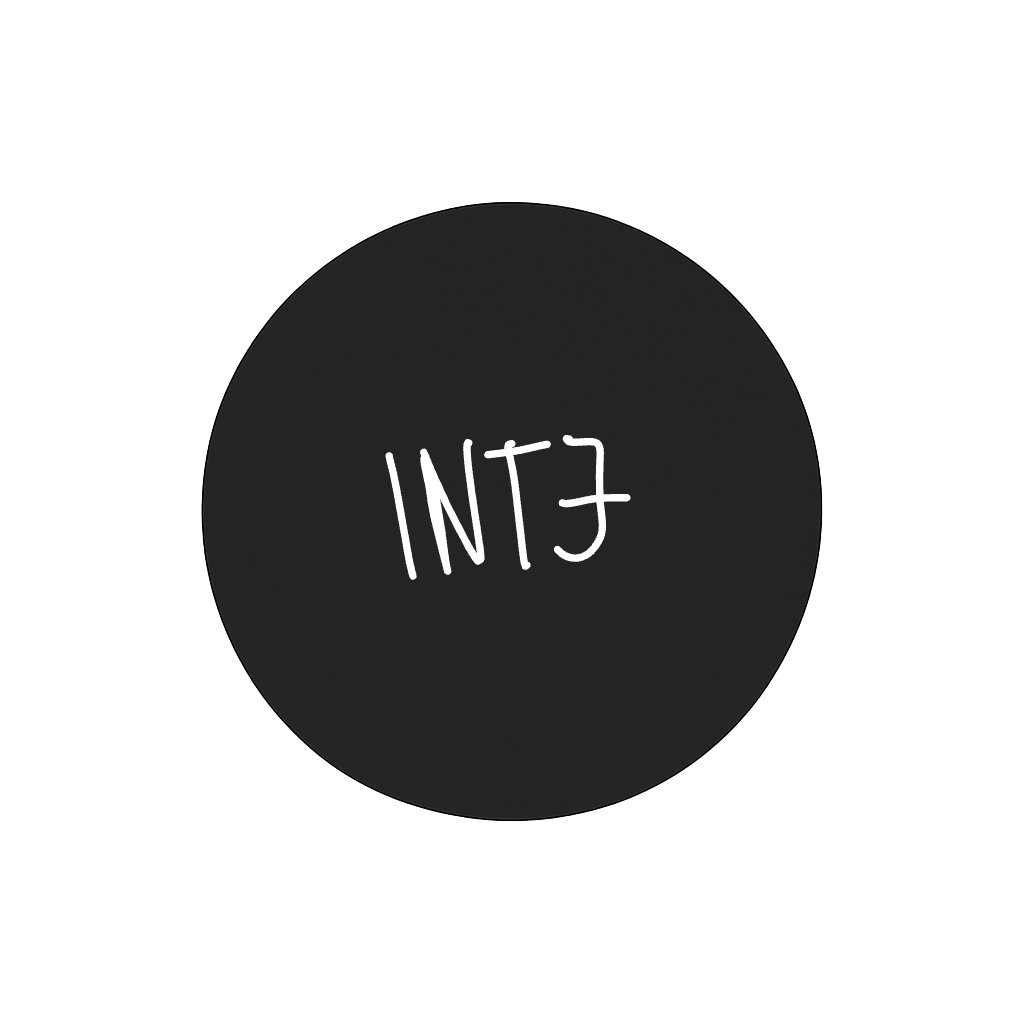INTJs navigate life with a built-in long-term plan, even when it is not yet visible to others. This article unpacks the mindset behind the “mastermind” label in practical, human terms.
Core lens
- Sees structures + trajectories (Ni):
Locks onto underlying patterns in how things work and where they’re going; future-oriented, “What’s the endgame?” - Thinks in frameworks (Te):
Wants efficiency, results, proof; “Does it work?” > “Does everyone feel good about it?” - Private logic refinery (Fi):
Internal value code: integrity, self-respect, authenticity. Not loud, but non-negotiable. - Sensory in sharp snapshots (Se):
Can be very attuned to quality/aesthetics/performance in focused bursts; ignores irrelevant details until they matter.
Personality feel
- Calm, intense, contained:
Minimal expression, sharp gaze, focused presence; others may feel “serious,” “intimidating,” or “distant.” - Strategic by default:
Rarely just drifts; tends to have a plan, or is building one. - Independent operator:
Hates being micromanaged; prefers autonomy and competence—both for self and others. - Blunt when honest:
Tries to be concise and accurate; this can read as cold, critical, or superior.
Social style
- Selective contact:
Few close people respect intelligence, depth, and self-sufficiency. - Low drama tolerance:
Dislikes emotional manipulation, guilt trips, and chaos. - Detached warmth:
Can quietly care very deeply, but shows it through problem-solving, loyalty, doing things, and less through effusive emotion.
Work & creativity
- Drawn to complex systems:
Strategy, tech, research, architecture, finance, engineering, policy, design of structures (organizations, tools, ideas). - Long-game builders:
Good at planning scalable solutions, optimizing systems, spotting flaws before they explode. - High standards:
Wants competence, logic, and coherence—especially from themselves.
Inner struggles
- Impatience with “inefficiency”:
Can be harsh on others (and self) for being slow, emotional, or imprecise. - Overly self-contained:
Won’t ask for help; can isolate and then feel misunderstood/underused. - Perfectionism & all-or-nothing:
If it can’t be done well, it may not start. Or rewrite the entire system instead of patching. - Emotional bottleneck:
Deep feelings lie beneath the surface; they can be mislabeled as “irrelevant data” until they erupt or turn into quiet burnout.
***
